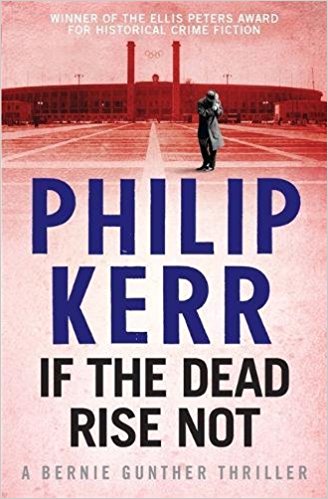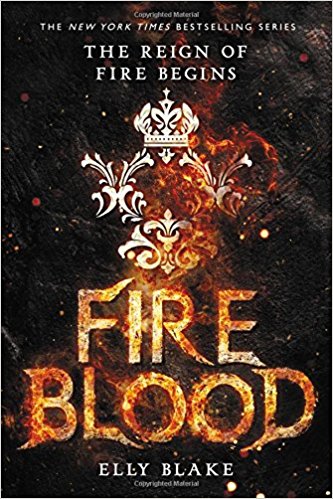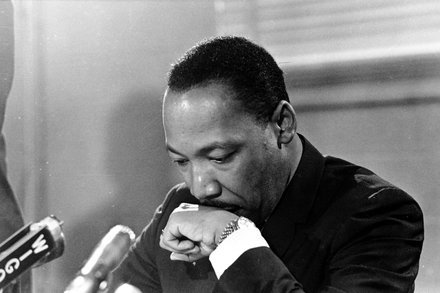If the Dead Rise Not
Philip Kerr
2009

“Grief: I no longer had patience for it. What did it matter when you grieved for people when they died? It certainly couldn’t bring them back. And they weren’t even particularly grateful for your grief. The living always get over the dead. That’s what the dead never realize. Even if the dead did come back, they’d only have been sore that somehow you managed to get over their dying at all.”
The sixth book in Philip Kerr’s series of novels focused around German PI Bernie Gunther, If the Dead Rise Not is another strong entry into the series, and returns to the compelling highs set by earlier entries A German Requiem and The One from the Other.
As with its immediate predecessor, 2008’s A Quiet Flame, the book spans two separate timeframes – only rather than moving back and forth between each storyline with each chapter, If the Dead Rise Not is split into two distinct parts, each spanning about half of the book’s length.
The first part of the book takes us back to Berlin in 1934, with the Nazi regime now fully in force in Germany and making preparations to host the 1936 Olympic games. Having recently quit the police force, Bernie Gunther is now working as a house detective at Berlin’s renowned Adlon Hotel, monitoring guests and keeping the various ‘joy girls’ who make house calls to the hotel in line, whilst holding aspirations of setting up shop as a private detective, providing he can raise the funds needed to get a licence. Staying at the hotel is a group of American businessmen, led by one former bootlegger called Max Reles, who is fast becoming acquainted with various representatives of the German Olympic Committee. One morning, a German is found dead in the hotel, and in an effort to persuade the police to keep the hotel out of any scandal resulting from an investigation, Gunther agrees to assist a junior detective with the investigation into the death of another German, one whose body was found floating in Berlin’s rivers. Gunther agrees, but once the corpse is identified as a Jew, the police drop all investigations. This sits sore with Gunther, but finds a helping hand in the shape of an Jewish American journalist, Noreen, who is staying at the hotel and is researching alleged crimes against Jews by the Nazis as research for an article intended encourage the American Olympic Committee to boycott the coming Olympics. Together, the two investigate deeper into the circumstances surrounding the dead men, and they soon find themselves uncovering the truth behind the labour rackets and backroom deals surrounding the Olympics, led by the gangster Reles. As it progresses, Gunther finds himself falling in love with Noreen (as he seems to do with many of his female friends), but once his involvement in the case becomes known, he finds himself captured by the Gestapo and only released once Noreen is forced to leave Germany and abandon her work in exchange for Gunther’s life. Gunther’s investigations continue all the same, resulting in a dramatic stand-off between himself and Reles, resulting in the two settling in an uneasy truce, each cautious of blackmail material they have gained against one another. The matter ends, and the rest of the Olympics is, as they say, history…
Until 1954 that is, where part two of the story picks up. Four years after the events of A Quiet Flame, Gunther is now living a fairly peaceful live in Havana, Cuba – a country run by gangsters, corrupt officials, and the occasional bout of insurrection from the likes of Fidel Castro. Still living under the alias of Carlos Hausner following on from result of the events of The One from the Other, Gunther is more or less a retired man – one who is relatively wealthy and managing to live with the ‘affections’ of a young Cuban housekeeper. One day during is travels into the town, a chance encounter occurs between himself and Norleen, who is saying in Cuba with her 19 year old daughter Dinah, at the house of Ernest Hemingway, no less. Any chance of reconciliation is squandered when Dinah turns up in the arms of Max Reles himself. Now passing himself off as a legitimate businessman, owning one of Havana’s many hotels-come-casinos, he introduces Gunther to a number of the local and international officials and gangsters with whom he has become acquainted, including real-life gangster Meyer Lansky, and even offers Gunther honest employment once again as a hotel detective. Unsurprisingly, complications arise when Reles is discovered murdered, after which Lansky himself employs Gunther to investigate the killing, in the hopes of avoiding an all-out gang war. The Cuban government also begins to take an interest in Gunther, and just as Gunther’s job is done and he is about to set sail for Germany once again, he finds himself blackmailed into taking work for Lansky and informing on mob activities to the Cuban authorities. Whilst his dreams find themselves close to being stubbed out once again, at the same time Gunther uncovers a revelation surrounding himself, Noreen and Dinah which seems just enough to convince himself that life might still be worth living.
*
“The older I get, the easier it is to believe that my own past is someone else’s like and that I’m just a soul in limbo, or some kind of Flying Dutchman doomed to sail the seas for all eternity.”
The decision to split the two storylines up into two separate parts seems to work better than the decision to entwine them together, as was the case in A Quiet Flame, as it allows the reader to focus their full attention on each story, whilst also giving the book a clearer chronological flow. Both parts of the book are equally engaging – as is the custom of the series, this part of the story is stark and unforgiving in how it depicts the brutality and cruelty of life under the Nazi regime. The theme of the criminal rackets surrounding the German Olympics is an interesting and perhaps overlooked era of Nazi history, and a believable story is spun out of it (though interestingly, there is no ‘author’s note’ at the end of the book which normally provides more details about the real-life events surrounding the story).
Whilst taking the series away from its usual comfort zone of Berlin and Vienna, the chapters set in Cuba are just as engaging and well-researched as the first half of the book. Havana itself is given more of a fleshing-out than Buenos Aires was in A Quiet Flame. In that book, the focus was still on Nazism and the search for escaped Germans, whereas with If the Dead Rise Not, new themes and groups of characters are brought into play. The involvement of Meyer Lansky maintains the series’ habit of bringing real-life big names into involvement with Gunther, which sometimes risks taking way from the story somewhat (e.g. the use of the Perons in A Quiet Fame), but here it is managed well and his involvement is more supplementary, rather than serving as a key antagonist for the story. The book’s final chapters are superb and give a satisfying conclusion to the story, whilst also managing to be bittersweet and even surprisingly sad at times.
“Some people like to believe in a pot of gold at the end of a rainbow. I’m the type who thinks the pot of gold is being watched by four cops in a car.”
As always, Gunther remains true to form – tough, hardboiled and cynical, yet occasionally sensitive and not without an emotional core. After six books, he’s had a rough ride and it is almost tempting to cut the book off mid-way through the second half, just so we can enjoy the thought of him actually living in something that passes for happiness for once.
The part of the novel focused in 1934 laces Gunther in more familiar settings, and his character remains the same as ever – one who is disgusted with the chaos he sees growing around him, whilst resigned to the knowledge that he himself is unable to change it. All he can do is act according to his own moral principles and try to carve out little pieces of justice whenever he can. We get some interesting new backstory to the character, in showing us how he came to get into the PI business in the first place. The development of the relationship between Gunther and Noreen is well developed, and there is a true sense of tragedy in reading his disappointment when the time comes that she is forced to leave him. Certainly, she is one of the more interesting female accomplices which Gunther has encountered.
Overall it’s one of the stronger entries in the series thus far, and makes a fine job of taking the series to new settings and setting it up for further development. It truly was an excellent read and it is easy to see why the book won the 2009 Ellis Peters Award for Historical Crime Fiction (now the ‘CWA Historical Dagger’ award). With that in mind, I keenly await moving on to 2010’s Field Grey…
Advertisements Share this:




